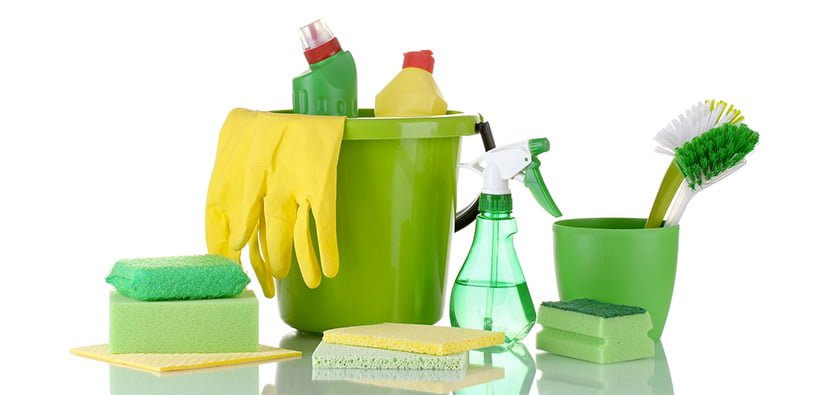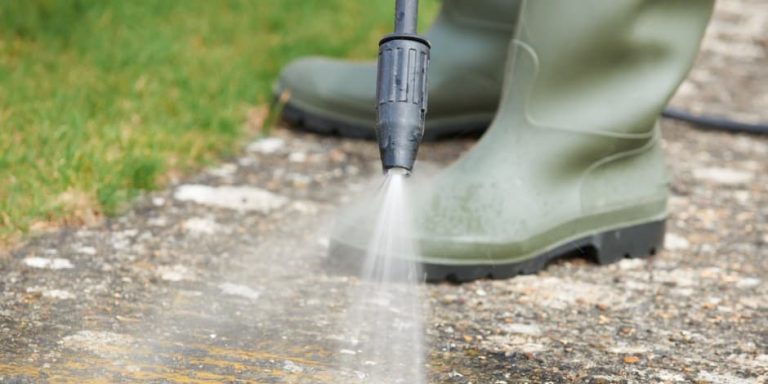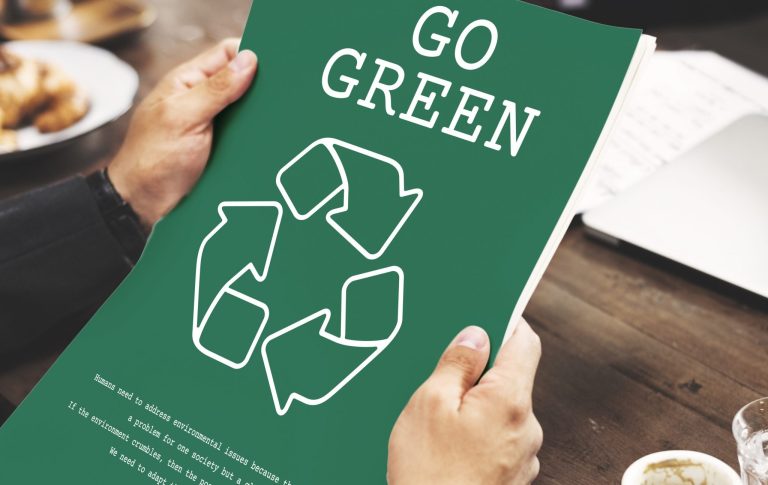
“Biodegradable” has become a buzzword that many consumers associate with eco-friendliness. If a detergent says it’s biodegradable, it must be safe for the environment… right? Well, not always. In the world of power washing, choosing the right detergent is about more than just the label.
🧼 What Does Biodegradable Actually Mean?
By definition, a biodegradable substance is one that can be broken down by bacteria or natural processes into water, carbon dioxide, and other natural elements. However, that doesn’t mean it’s immediately harmless.
Here are a few important facts:
- A product may take weeks or months to degrade—enough time to harm wildlife or pollute water.
- The byproducts of degradation can still be toxic.
- Degradation depends on specific environmental conditions that aren’t always present when you power wash.
🔬 Ingredients to Watch Out For
Some biodegradable detergents still contain:
- Surfactants that disrupt aquatic plant and animal life
- Fragrances made from synthetic chemicals
- Preservatives that inhibit soil bacteria
- Phosphates, which promote algae growth in waterways
Even if these ingredients eventually break down, their short-term effects can be harmful—especially if runoff enters storm drains, ponds, or sensitive soil ecosystems.
Browse Amazon Here For Biodegradable Pressure Washing Detergents
🌊 Environmental Consequences of Improper Use
Runoff from biodegradable cleaners can:
- Lead to eutrophication, where excess nutrients cause harmful algae blooms 🐠
- Contaminate urban soil, harming beneficial microbes and insects
- Reduce oxygen levels in water, leading to fish die-offs
- Cause irritation or allergic reactions in pets, wildlife, and humans who come into contact with contaminated surfaces
✅ How to Identify Truly Safe Cleaners
Not all biodegradable detergents are created equal. To choose the most environmentally safe option:
- Look for products labeled “readily biodegradable” (breaks down within 28 days or less)
- Choose cleaners with eco-certifications, like EPA Safer Choice, EcoLogo, or Green Seal
- Avoid phosphates, chlorine bleach, ammonia, and synthetic fragrances
🧽 Responsible Washing Practices
- Always contain your runoff to prevent it from entering storm drains
- Rinse with just water when possible
- Use minimal detergent—a little goes a long way
- Power wash in areas where water can be absorbed, like grass or gravel patches
👨🔬 The Verdict
Just because a product is biodegradable doesn’t make it safe in every context. Power washing with biodegradable detergent can still pose environmental risks if done without care. It’s important to read labels carefully, understand ingredients, and manage runoff like a responsible eco-citizen. 🌿💦
Browse Amazon Here For Biodegradable Pressure Washing Detergents






